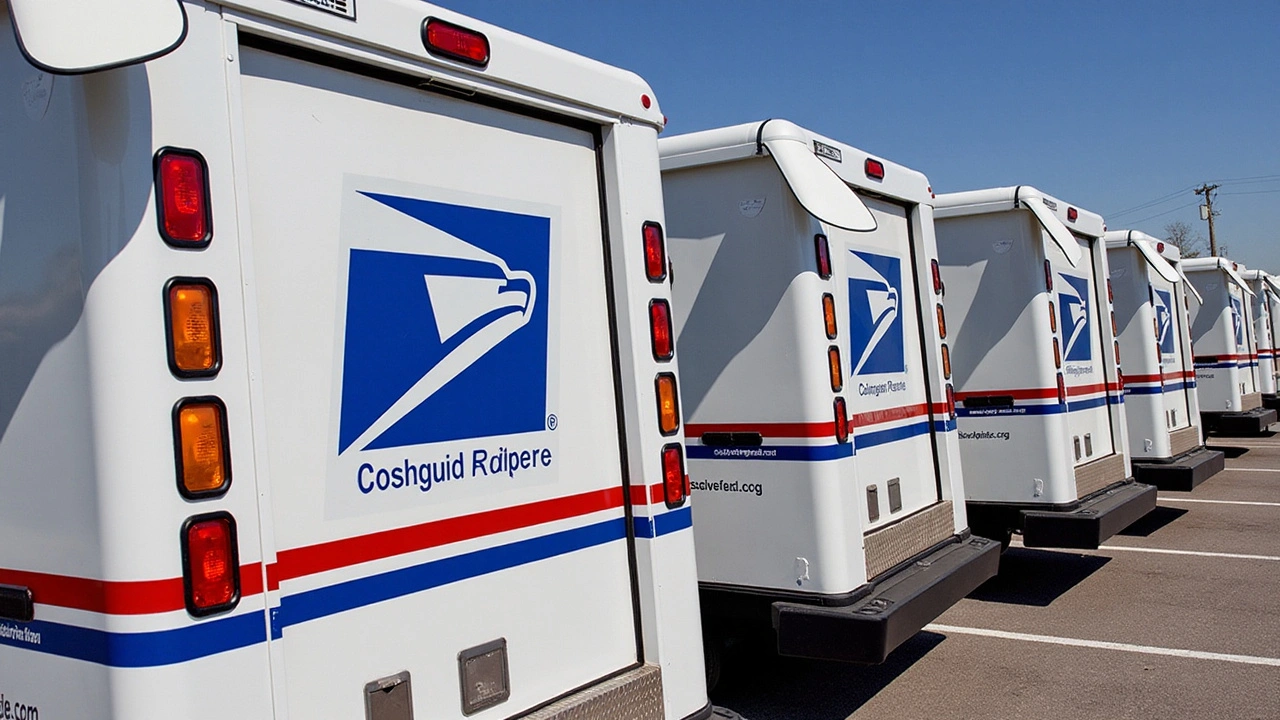Federal Holidays: Dates, Closures & How They Affect You
Federal holidays mean more than a day off — they change how banks, mail, government services and workplaces operate. This page helps you figure out which days are federal holidays, what typically closes, and how to plan so you’re not caught off guard.
Which days are federal holidays?
In the United States the main federal holidays you’ll see on official calendars include New Year’s Day, Martin Luther King Jr. Day, Presidents’ Day, Memorial Day, Juneteenth, Independence Day, Labor Day, Columbus Day (or Indigenous Peoples’ Day in some places), Veterans Day, Thanksgiving and Christmas. When a holiday lands on a weekend, the federal government often observes it on the closest weekday — usually Friday if it’s Saturday, Monday if it’s Sunday.
Other countries have their own lists and rules. If you live or work outside the U.S., check your government’s official holiday list — it’s the fastest way to know what really closes where you are.
How federal holidays affect services and work
Here’s what typically changes on a federal holiday:
- Government offices: Most federal offices are closed. Expect delays on services like passport processing, social security and other federal agencies.
- Banks and mail: Major banks and the postal service usually close, so mail pauses and same-day transfers may not happen. Online banking still works, but in-branch services won’t.
- Stock market: The NYSE and NASDAQ close on specific federal holidays. If you trade, check the exchange calendar ahead of time.
- Work schedules and pay: Private employers decide their own policy. Some give paid time off, others require you to use leave. Union contracts and company handbooks often spell out extra pay (holiday pay or overtime) — read them before assuming anything.
- Travel and retail: Airlines and stores usually operate but can be busier or offer holiday hours. Public transit may run a reduced schedule in some cities.
- Schools and healthcare: Public schools often close. Hospitals and emergency services stay open but may run reduced staffing for non-urgent services.
Not everything shuts down. Digital services, emergency care and many essential operations keep running. Also, small businesses may stay open with special hours.
Practical tips to avoid holiday headaches:
- Check official calendars: Use government, bank and stock exchange calendars to confirm closures.
- Move deadlines: File paperwork, bills and shipments a day or two early to avoid delays.
- Ask your employer: Confirm holiday pay and leave rules before the holiday arrives.
- Book travel early: If you plan to fly or drive, expect higher demand and plan for longer lines.
- Set reminders: Put observed holiday dates in your calendar so you don’t miss a payment or appointment.
Want quick updates? Bookmark this tag and check back — we’ll flag stories and alerts tied to federal holidays that affect services, travel and business schedules.

